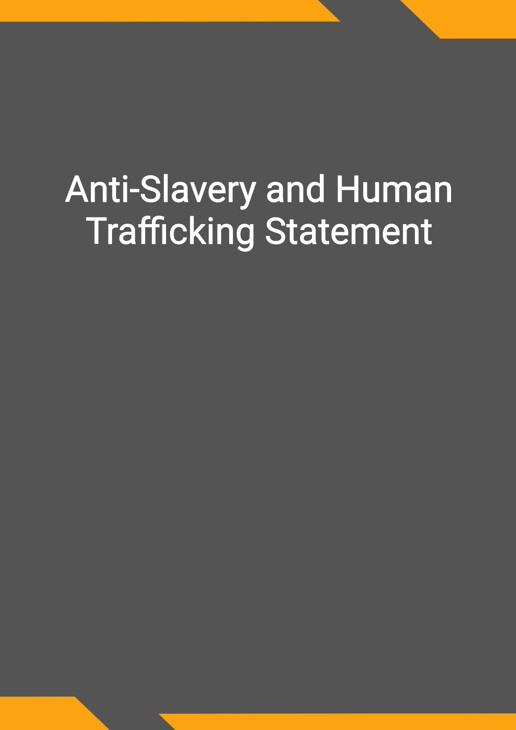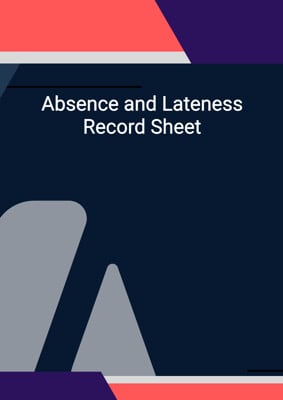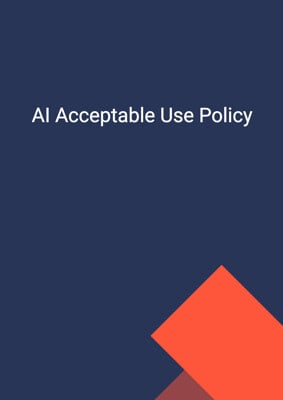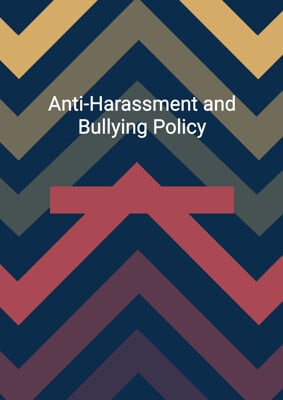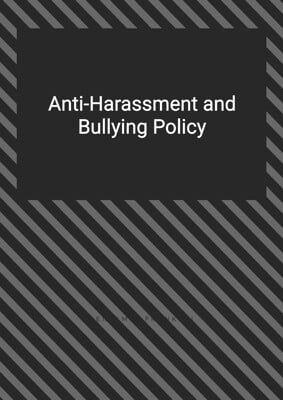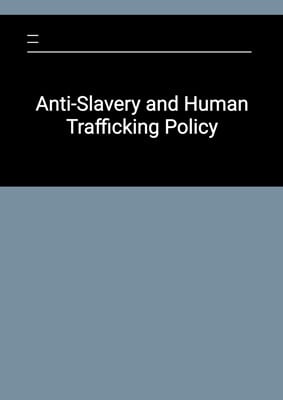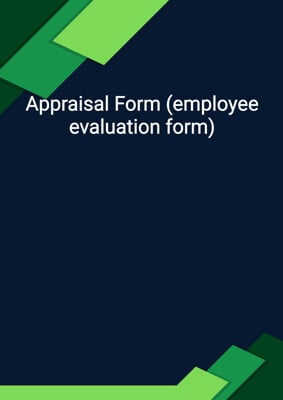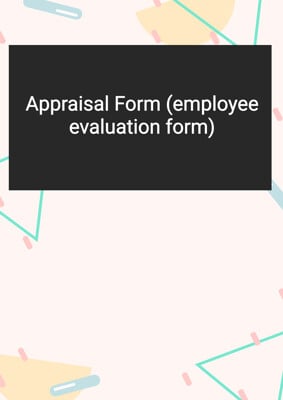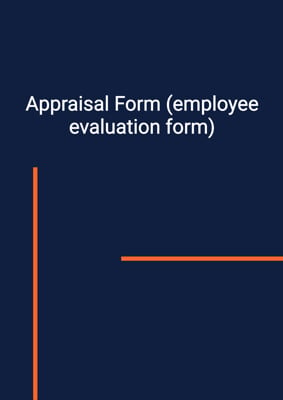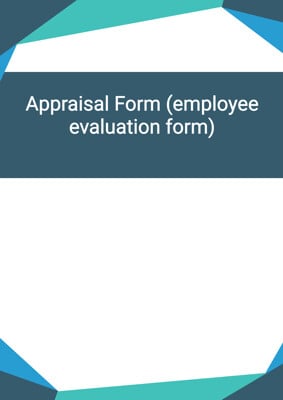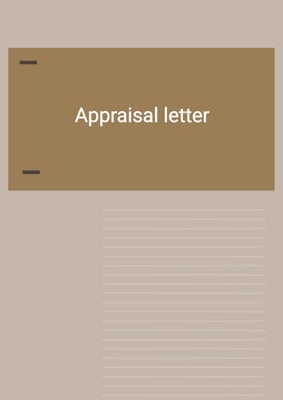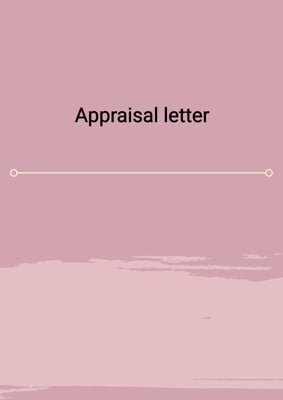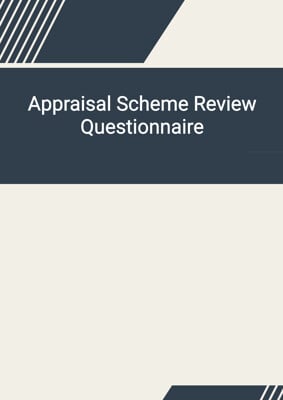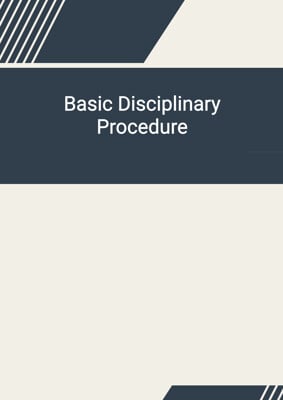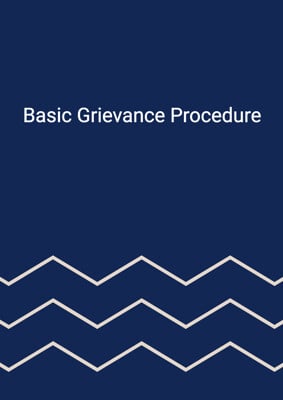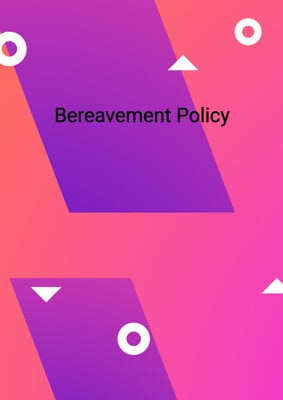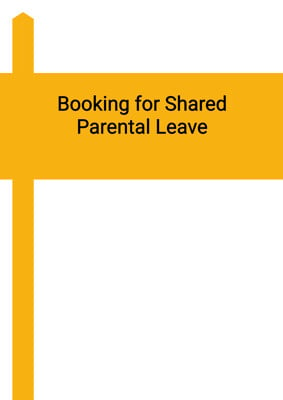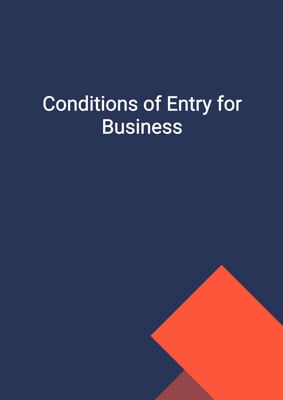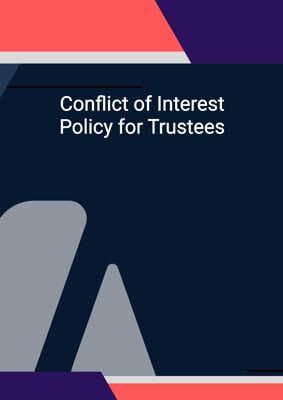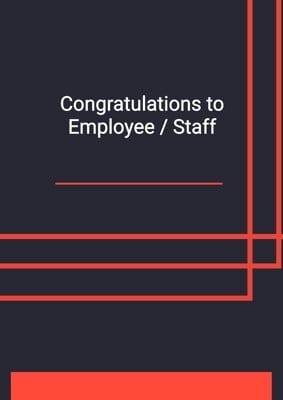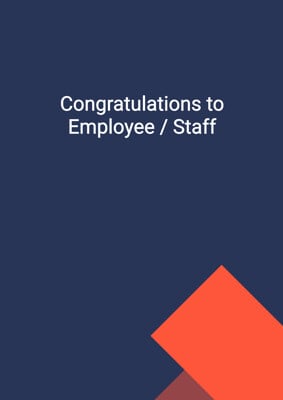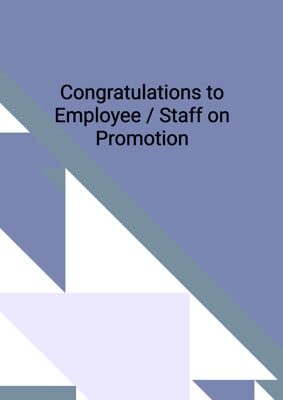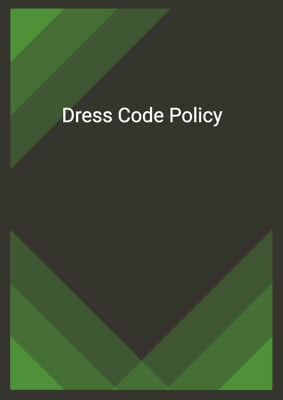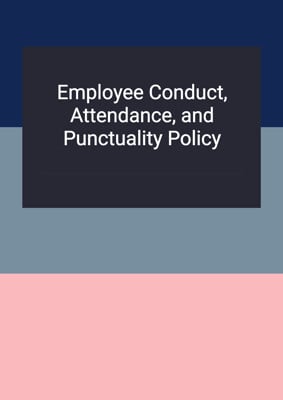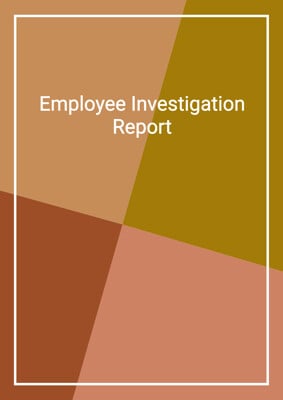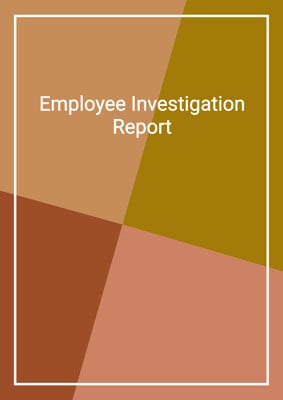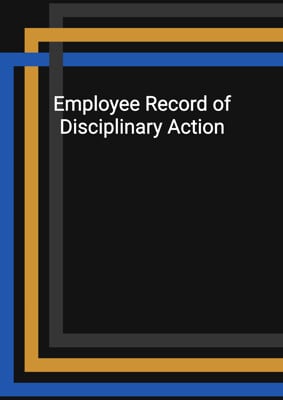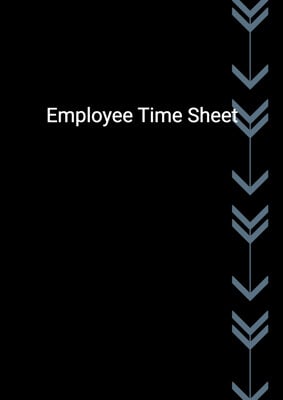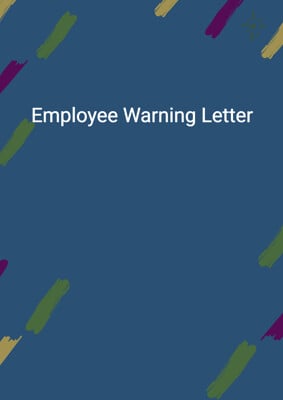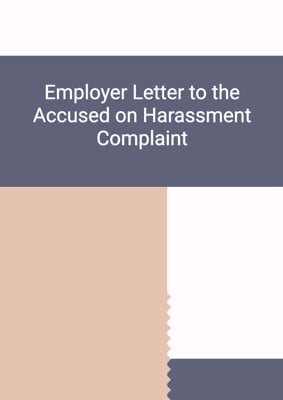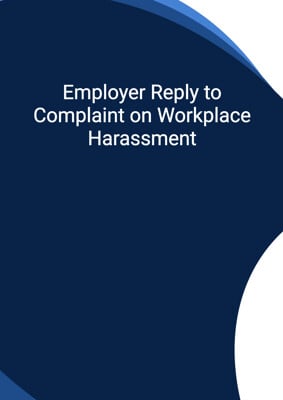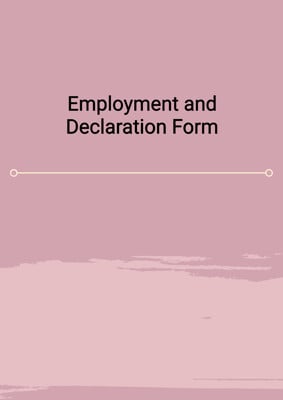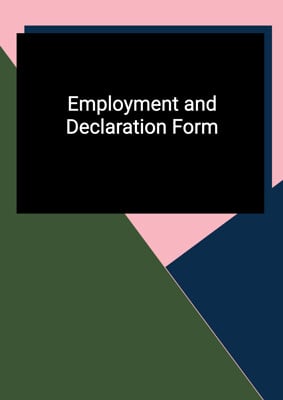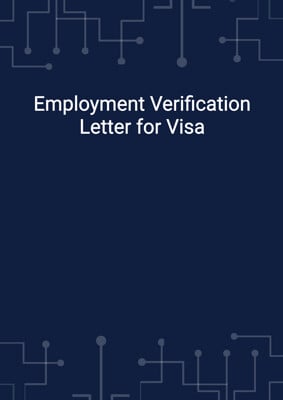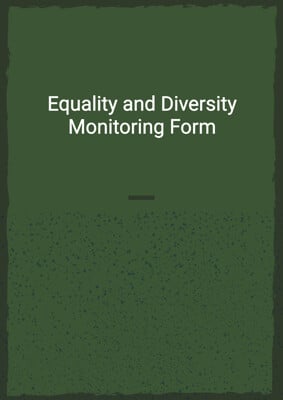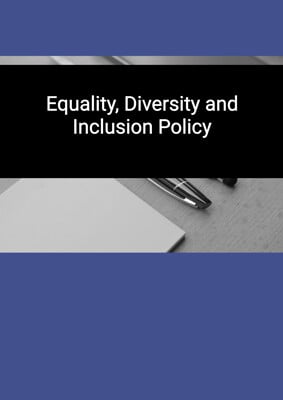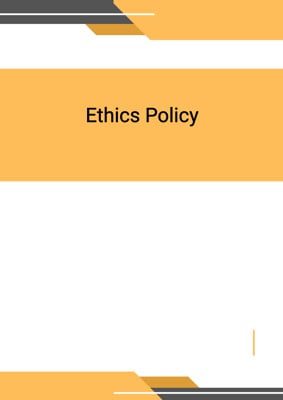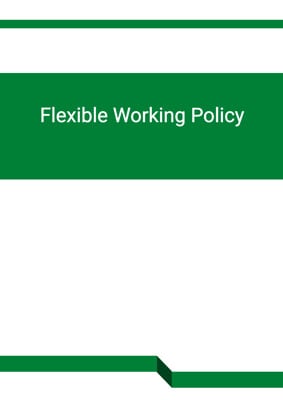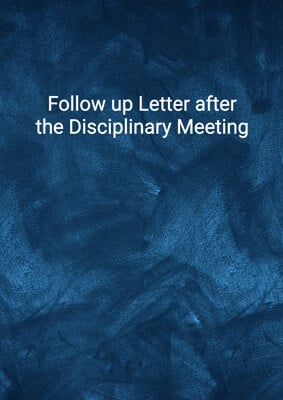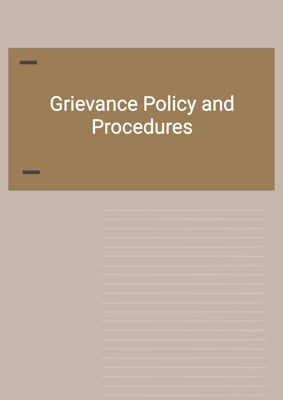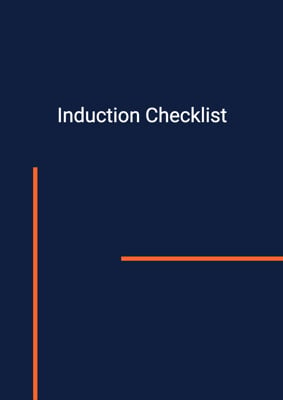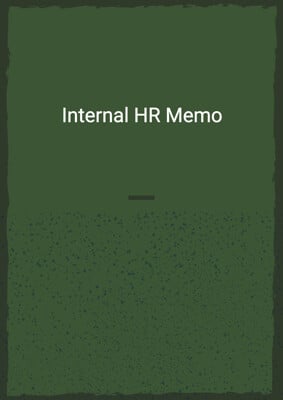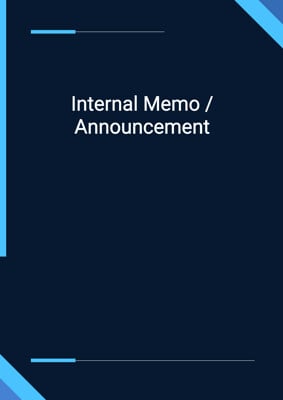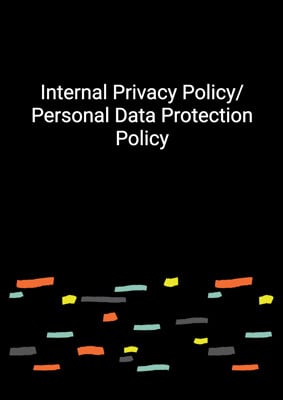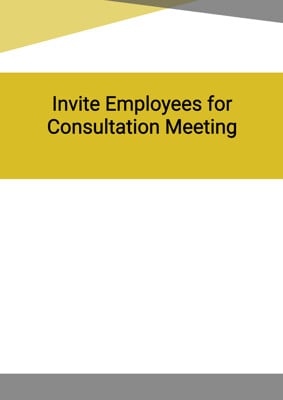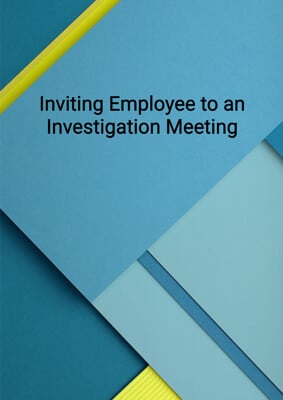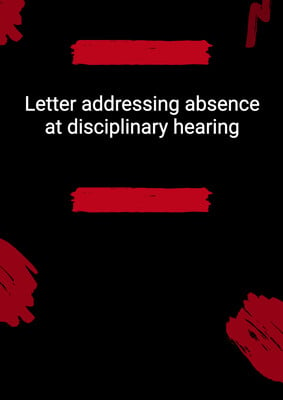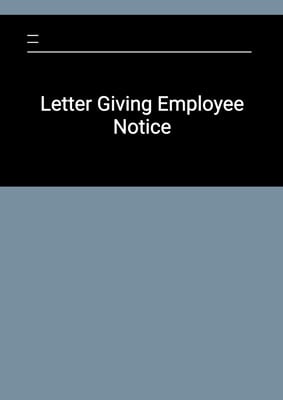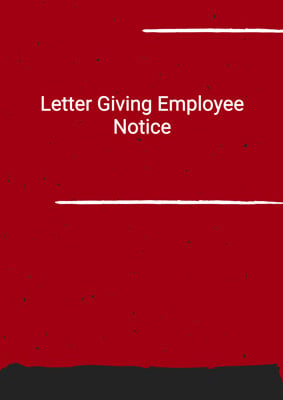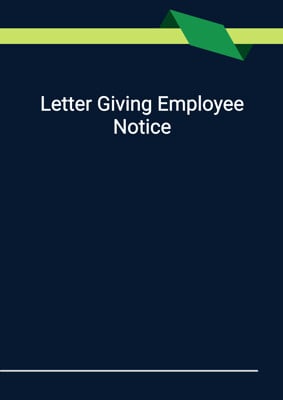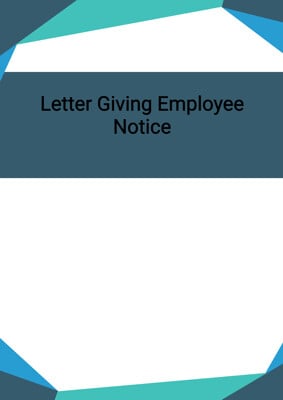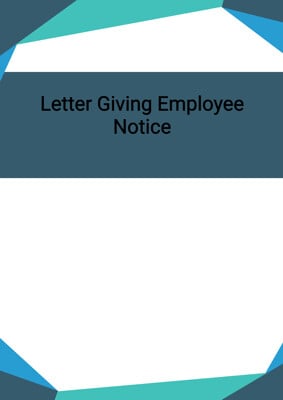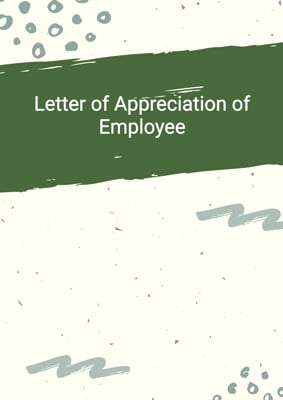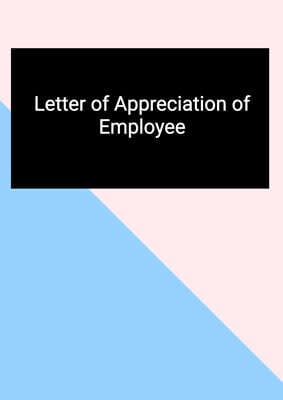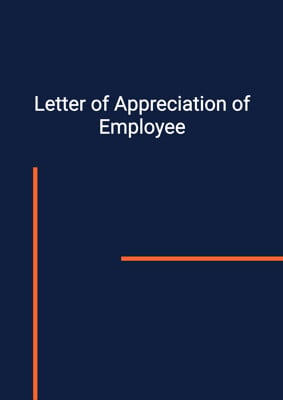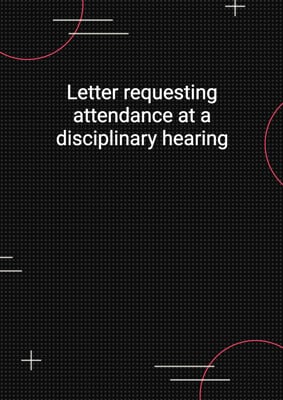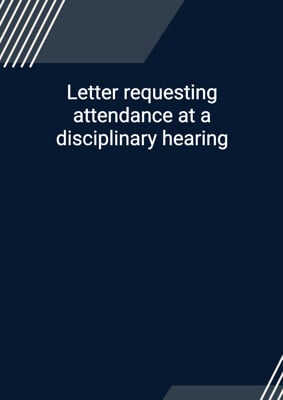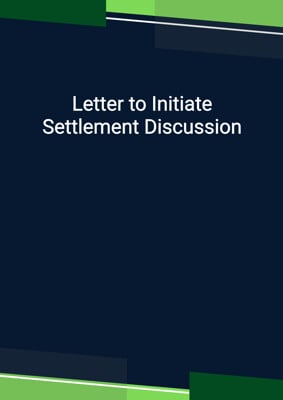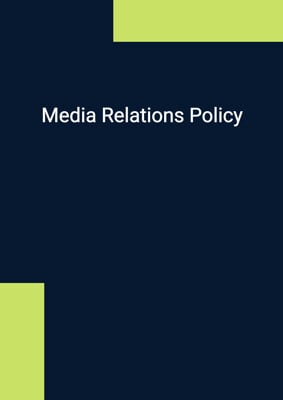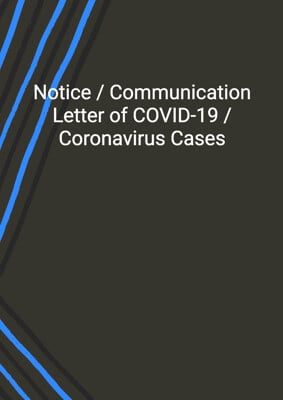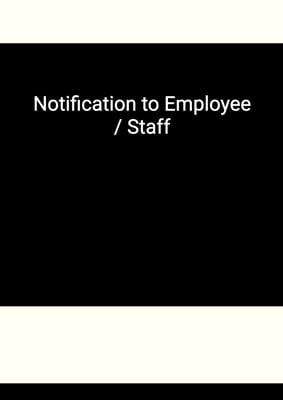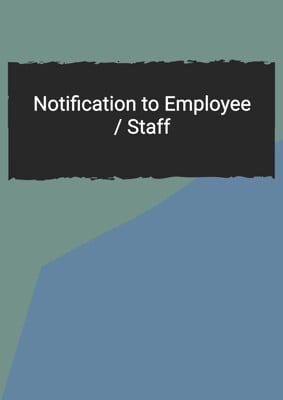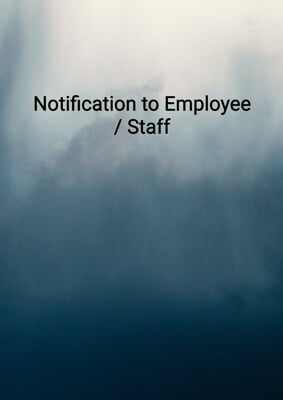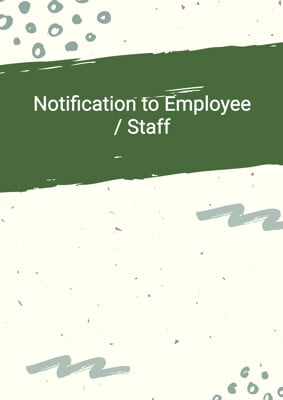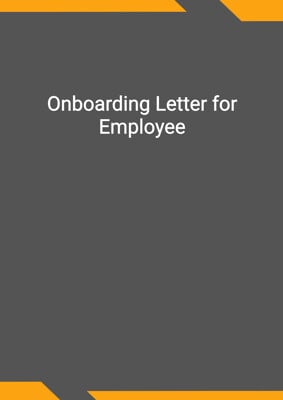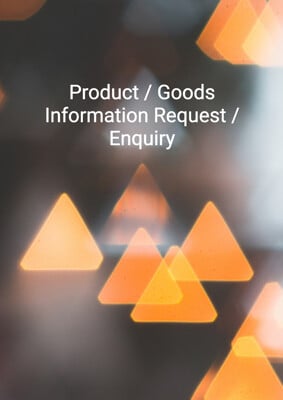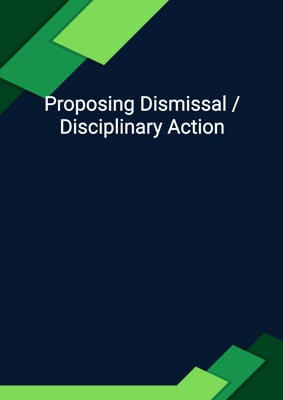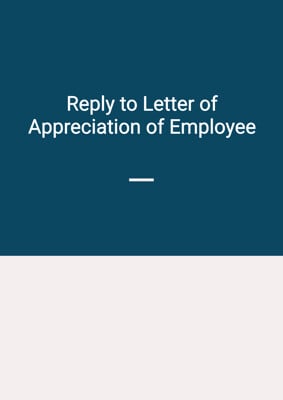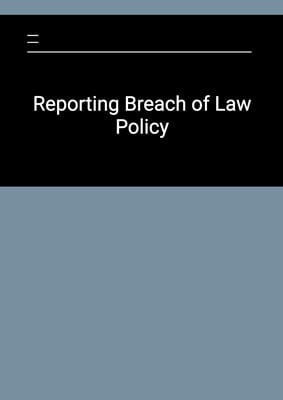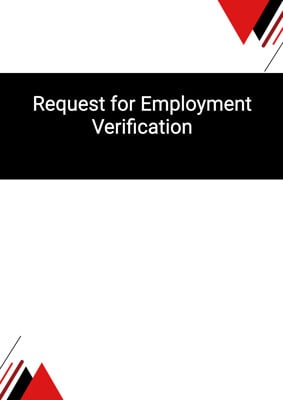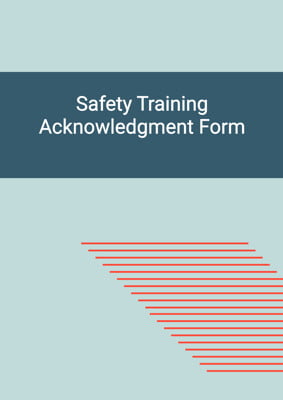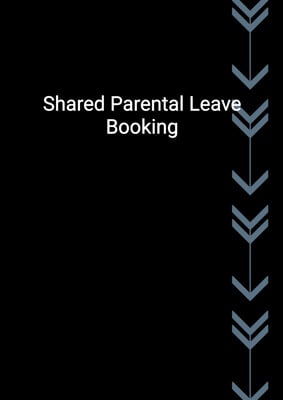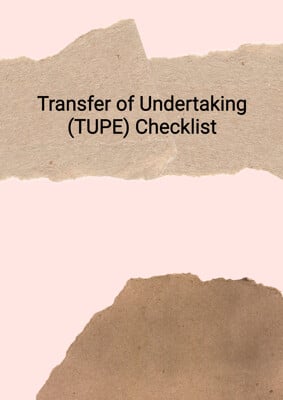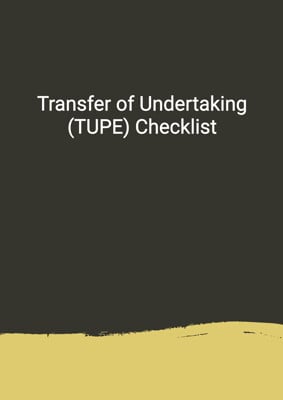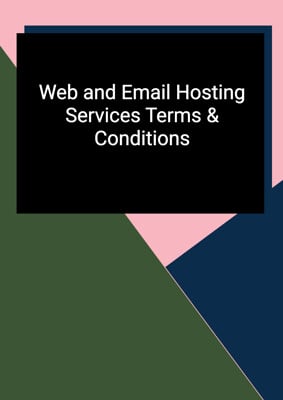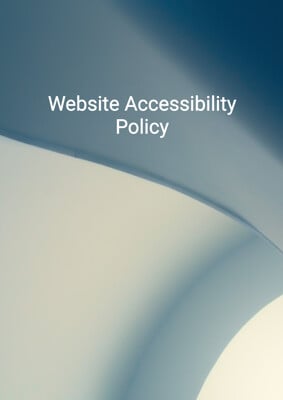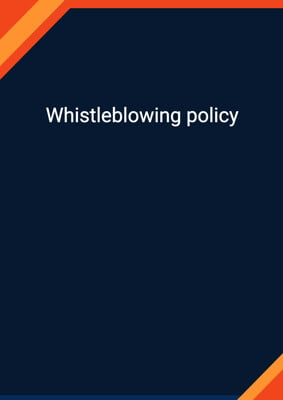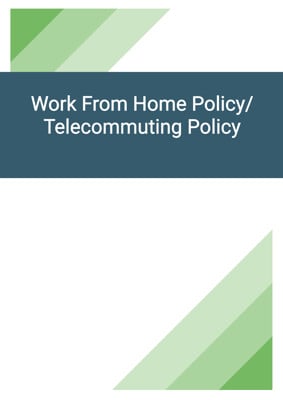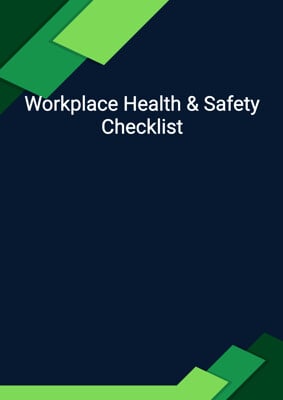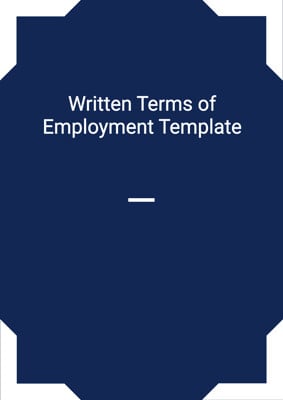How to Tailor the Document for Your Need?
01
Create Document
Click "Create Document" button and the document will be prepared with your account details automatically filled in.
02
Fill Information
Please fill in any additional information by following the step-by-step guide on the left hand side of the preview document and click the "Next" button.
03
Get Document
When you are done, click the "Get Document" button and you can download the document in Word or PDF format.
04
Review Document
Please review the document carefully and make any final modifications to ensure that the details are correct before publication / distribution.
Document Preview
Document Description
The document titled 'Anti-Slavery and Human Trafficking Statement' is a statement made by Account Job Company to highlight their commitment to protecting human rights and preventing modern slavery and human trafficking in their operations and supply chain. The document consists of eight sections.
Section 1: Introduction
In this section, the importance of combating modern slavery and human trafficking is emphasized. It is stated that modern slavery is a crime and a violation of human rights that deprives individuals of their liberty and dignity for the gain of others. The company expresses its commitment to prohibiting all forms of modern slavery in their operations and supply chain.
Section 2: Our Business
This section provides an overview of Account Job Company's business. It mentions that their annual turnover is under £36 million and although they are not required to make a modern slavery statement under the Modern Slavery Act 2015, they have chosen to make a voluntary statement to demonstrate their commitment to preventing modern slavery and human trafficking.
Section 3: Our Supply Chains
In this section, Account Job Company highlights the importance of establishing trust and integrity with their suppliers. They mention that their supply chains include various suppliers.
Section 4: Our Policies on Slavery and Human Trafficking
Account Job Company discusses their anti-slavery and human trafficking policy in this section. They state that the policy reflects their commitment to prohibiting modern slavery and implementing an effective system to prevent it. They encourage employees to report any suspicion of slavery or human trafficking without fear of retaliation. It is mentioned that a review of the policy has been conducted and no amendments are required at the moment.
Section 5: Due Diligence and Risk Assessment for Slavery and Human Trafficking
This section outlines the measures taken by Account Job Company to identify and monitor the risk of modern slavery and human trafficking. These measures include ongoing reviews of supply chains, inclusion of anti-slavery and human tracking provisions in contracts with suppliers, attestation from suppliers regarding the non-use of forced or slave labor, audits of suppliers and their labor relations, and employment of agency workers through reputable agencies.
Section 6: Measuring Effectiveness
Account Job Company discusses the key performance indicators and controls they have defined to combat modern slavery and human trafficking. These indicators include the completion of mandatory training by employees, the rollout of an equivalent awareness and training program by suppliers, reports made by employees indicating their awareness of ethical issues, and the number of audits conducted on direct suppliers and sub-contractors.
Section 7: Training
In this section, Account Job Company mentions that they conduct modern slavery training for all employees to raise awareness about the issue and provide guidance on what to do if they suspect it within the supply chain.
Section 8: Monitoring Our Procedures
The final section states that Account Job Company will regularly review their anti-slavery and human trafficking policy and provide information and training on any changes made.
The document concludes with the name, job title, and current date of the account holder who reviewed and approved the statement.
How to use this document?
1. Understand the importance: Recognize the significance of combating modern slavery and human trafficking to protect human rights and prevent exploitation.
2. Familiarize with the business: Gain an understanding of Account Job Company's business and their commitment to preventing modern slavery, even though they are not legally required to make a statement.
3. Establish trust with suppliers: Build relationships of trust and integrity with suppliers to ensure ethical practices throughout the supply chains.
4. Implement anti-slavery policies: Enforce an anti-slavery and human trafficking policy that reflects the commitment to prohibiting modern slavery and encourages employees to report any suspicions.
5. Conduct due diligence and risk assessment: Regularly review supply chains, include anti-slavery provisions in contracts, verify suppliers' compliance, and conduct audits to identify and monitor the risk of slavery and human trafficking.
6. Measure effectiveness: Define key performance indicators and controls to measure the effectiveness of efforts in combating modern slavery, such as employee training, supplier awareness programs, reports on ethical issues, and audits.
7. Provide training: Conduct modern slavery training for all employees to raise awareness and equip them with knowledge on identifying and addressing potential instances of modern slavery within the supply chain.
8. Regularly review procedures: Continuously review and update the anti-slavery and human trafficking policy, providing information and training on any changes made to ensure its effectiveness in preventing modern slavery.
Note: This guidance focuses on practical steps to address modern slavery and human trafficking, rather than completing the document itself.
Not the right document?
Don’t worry, we have thousands of documents for you to choose from:
